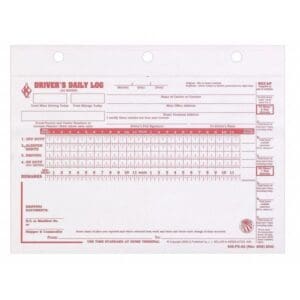How Do I Know if I Have a Good Personal Injury Case?
If you or a loved one has been involved in an accident resulting in a serious (what we in the law label “catastrophic”) injury, one of the most challenging conversations to have with an attorney is the potential for recovery in your case. The most important thing is for you to get better, and, at…
read more











